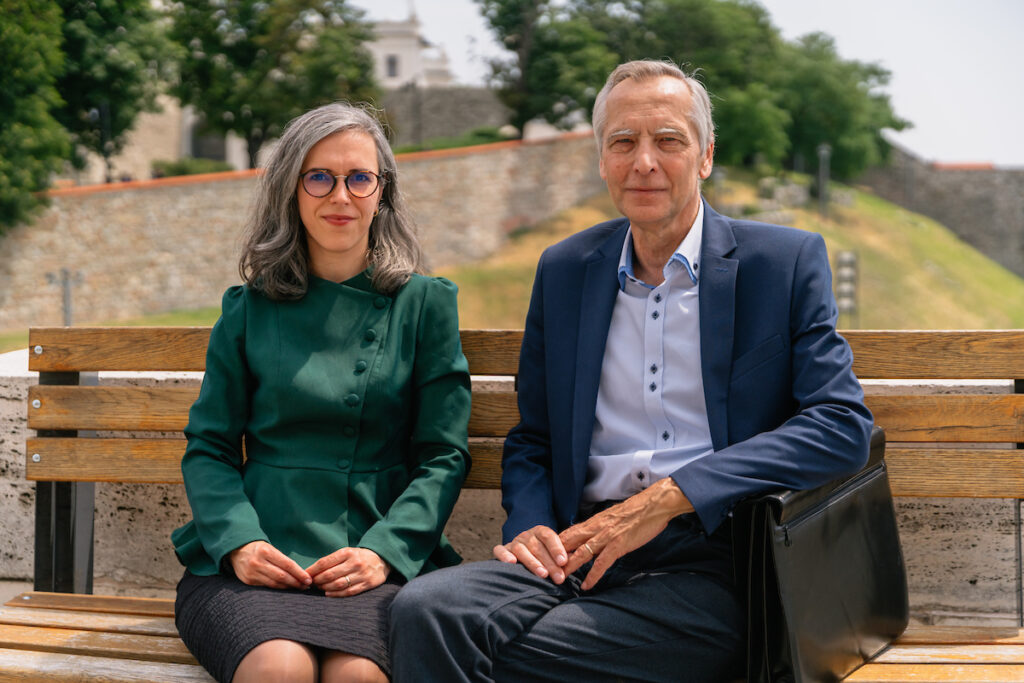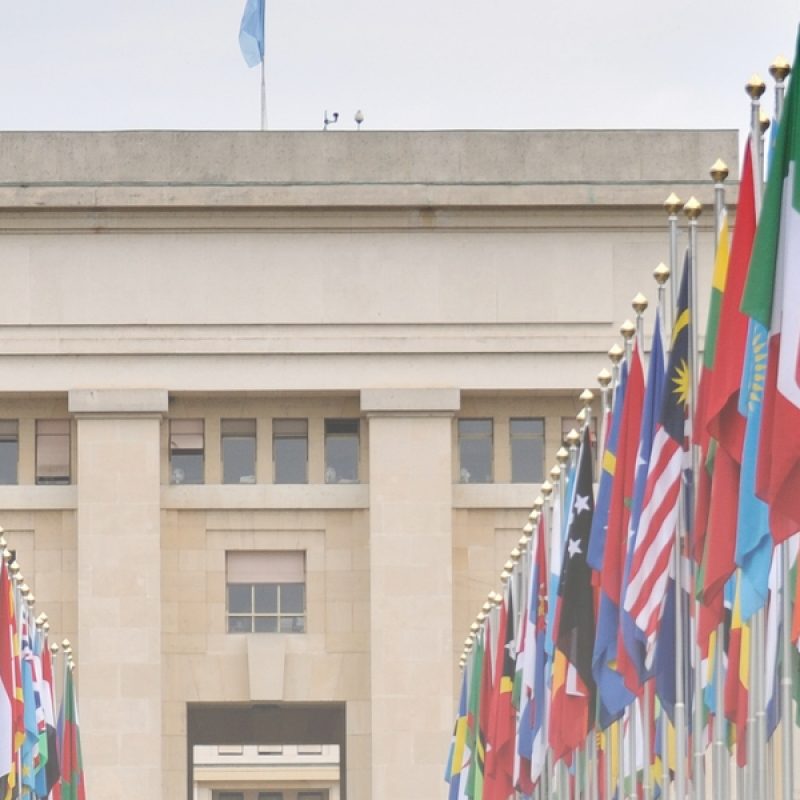Challenging COVID worship bans in Europe
Dr. Ján Figeľ served as the top EU representative for Freedom of Religion or Belief. He knows why we need to cherish and defend the right to worship in community with others.
ADF International, together with Figeľ, is challenging the COVID worship ban at Europe’s Top Human Rights Court. The decision will set a precedent for all of Europe.
For Bank Transfers:
ADF International Austria gemeinnützige GmbH
IBAN: AT45 2011 1829 1208 6402
BIC: GIBAATWW
Payment Reference: ‘Website Donation – Let Us Worship’
Your Donation Helps:
- Cover the legal fees associated with court proceedings
- Uphold freedom of religion in Europe
- Ensure that laws, policies and guidance are balanced to protect freedom of religious belief
Do you agree with Dr. Figeľ that religious freedom should be protected?
For Bank Transfers:
ADF International Austria gemeinnützige GmbH
IBAN: AT45 2011 1829 1208 6402
BIC: GIBAATWW
Payment Reference: ‘Website Donation – Let Us Worship’
Who is Ján Figeľ?
Like so many people across Europe Ján Figeľ wanted to stay safe during COVID. At the same time, prayer, communal worship, and church service continued to play an essential role in his life.
Figeľ was appalled to hear that public health would be pitted against religious freedom, “when both can work in harmony,” as he says. “It was evident that religious worship could be conducted safely during the pandemic.”
You are currently viewing a placeholder content from YouTube. To access the actual content, click the button below. Please note that doing so will share data with third-party providers.
More InformationIt’s not the first time he’s standing up for freedom of religion. The senior politician served as the first Special Envoy for Freedom of Religion or Belief outside the EU, directly appointed by the President of the EU Commission.
In this capacity he advocated for freedom of worship, religion, or belief around the world. Now it’s time to defend religious freedom at home. That’s why he’s going to Europe’s top human rights court to set the record straight: Worship bans were a human rights violation, an illegitimate and disproportionate COVID measure.
Why are we pursuing this case now ?
ADF International, co-representing Ján, is challenging the prolonged worship ban in Slovakia. The case was filed in 2021, but only communicated, i.e. accepted by the court in April 2023. Since then the legal work has picked up speed.
At first the European Court of Human Rights asked the Slovak government to provide their perspective and arguments. Now Figeľ‘s legal team responded and submitted arguments and observations. All this is happening in writing.


What's at stake
After times of crisis, it is crucial to review measures and restrictions to see whether human rights have been respected or violated. Courts will thus determine how countries deal with moments of crisis in the future. That’s why this case is so important: It will set a precedent for 46 countries in Europe.
How do we deal with religious freedom in future times of crisis?

Statement of Affirmation
Do you agree that governments must guarantee the protection of this basic human right?
“I support freedom of religious belief as a basic human right which deserves the highest level of protection.
And, like Dr. Ján Figeľ, I stand up against worship bans which are illiberal and non-democratic. Blanket bans on public worship are incompatible with the international human right to the communal exercise of religious freedom. Fundamental freedoms apply to all, and in times of crisis they must be protected rather than weakened.”
I agree and affirm protecting religious freedom in times of crisis:
Freedom of Worship FAQs
From 2020-2022 governments repeatedly banned worship across Europe. Worship bans were often not covered by law, which is why courts in some countries struck them down.
There were different forms of bans. Total bans prohibited all kinds of worship. In Slovakia baptisms were at times allowed – but only with up to six people. Figel is challenging specifically the Slovak blanket ban.
Worship bans are one of the most dramatic infringements upon basic human rights. Communal worship is not only protected by the European Convention on Human Rights, but also by most constitutions such as the one in Slovakia. Why? Because everyone should be able to live according to their peaceful religious convictions.
It is only in rare cases that states can restrict the rights and freedoms of their citizens. Such exceptions must meet strict criteria. There must be a legal basis. The measure has to be proportionate and the least freedom restrictive means to reach the aim.
None of these criteria were fulfilled in the 2021 worship ban. Overall, the restrictions were not even proportional, appropriate and necessary.
Everyone should be free to exercise their religion. For people of faith, worship can be as important as food and water – something without which they cannot live.
Banning worship also disregards the important role that religious exercise has regarding the mental and spiritual health of everyone.
The way EU member states such as Slovakia treat religious freedom is of global importance. The EU and its member states must make religious freedom a top priority – abroad as well as at home.
